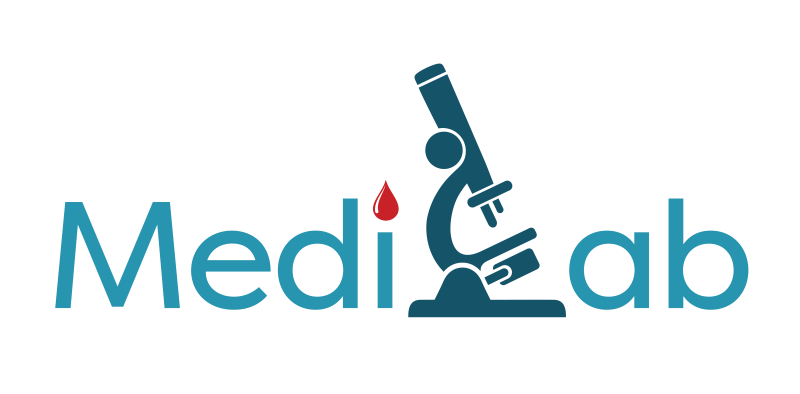Female Health

MEDIMOTHER
Comprehensive health screen for expecting mothers, Includes 3 tests across pregnancy and postnatal (2nd Trimester, 3rd Trimester, Postnatal)
£595
Interest-free payments available

THYROID
Disorders of the Thyroid can have an impact on your sleep, energy, weight, getting pregnant and more. Understand your Thyroid health with our basic blood test
£120
Interest-free payments available

MEDIFEMALE BASIC
Measure key female hormones and discover if you have a hormone imbalance which can affect your weight, energy or mood
£160
Interest-free payments available
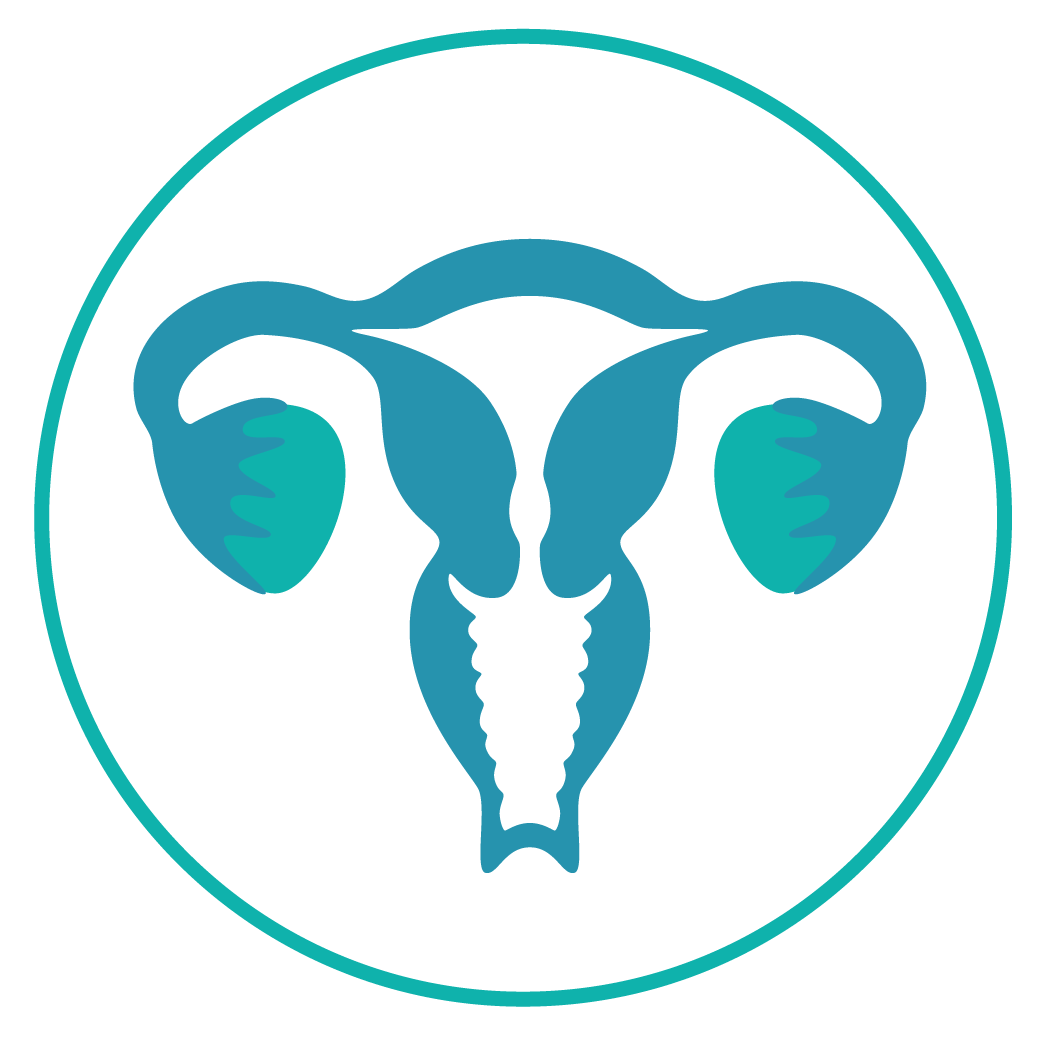
POLYCYSTIC OVARY SYNDROME (PCOS)
Our simple blood test will measure the key hormones which play a role in PCOS and help you take control and understand your health better
£325
Interest-free payments available

MEDIMENOPAUSE
Understand your hormone levels to take control of your health and learn how changes due to menopause or perimenopause could increase your risk of conditions like diabetes and osteoporosis
£160
Interest-free payments available

AMH (ANTI-MULLERIAN TEST)
AMH is produced by the follicles and is a measure of ovarian reserve helping to indicate the number of eggs a female has left.
£65
Interest-free payments available
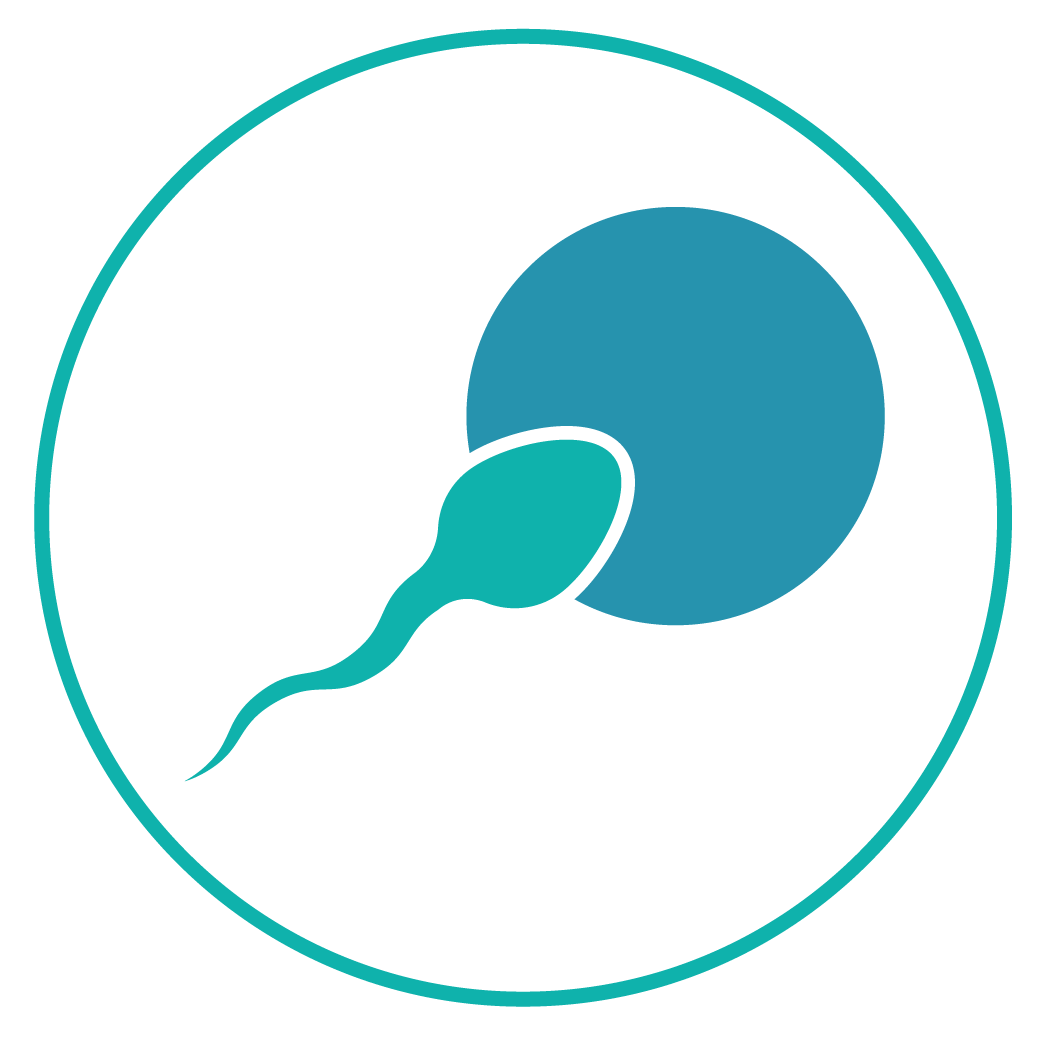
BETA-HCG EARLY PREGNANCY
This hormone is produced as soon as 10 days after conception. In healthy pregnancies, levels of hCG increase rapidly in early pregnancy. An above-normal level can confirm pregnancy before a urine test
£45
Interest-free payments available
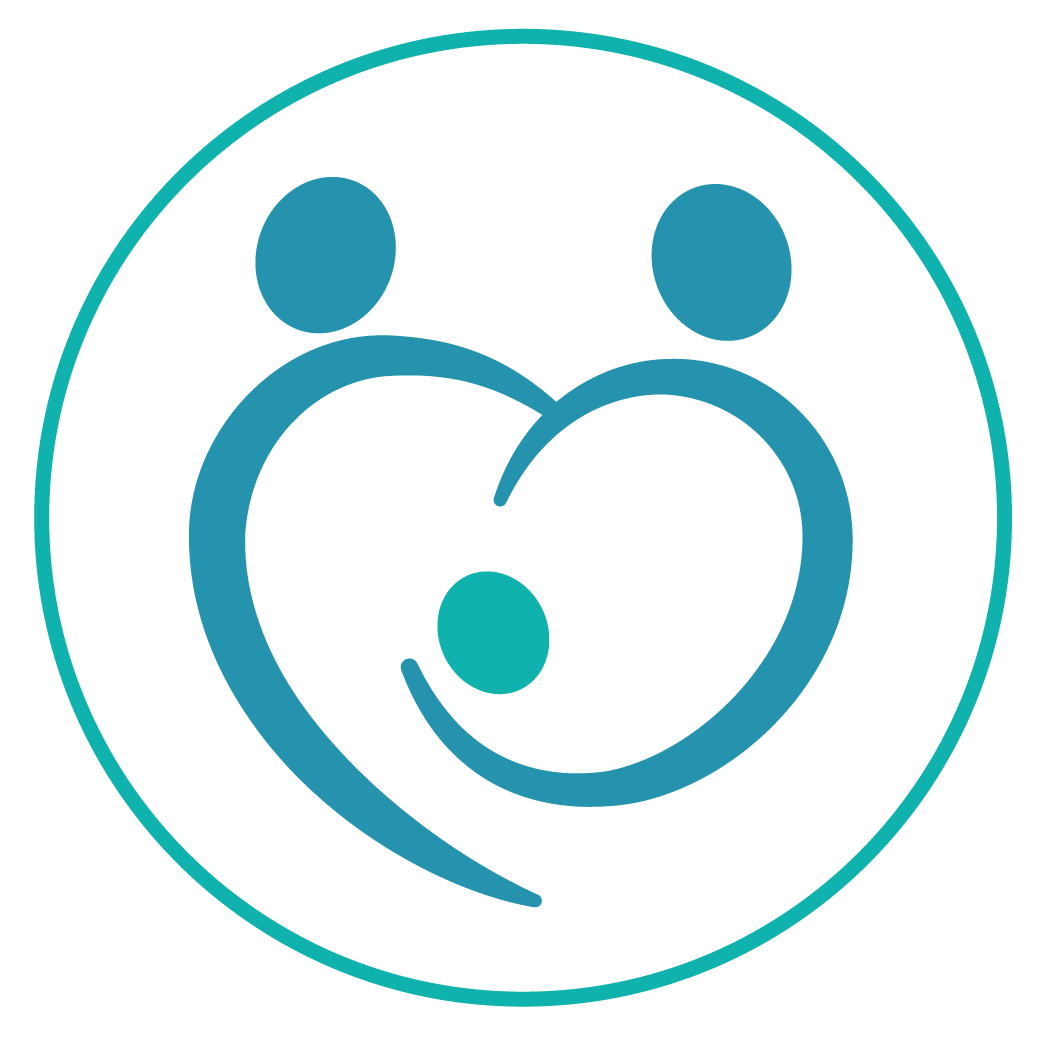
MEDIFERTILITY FEMALE
Get unrivalled insights on your ovarian reserve and hormone levels. Ideal for anyone trying to conceive or thinking about having a baby
£195
Interest-free payments available

MEDIWOMAN
Get a deep insight into your health and wellbeing with our simple blood test. This allows you to take control and invest in the future of your health to prevent future illnesses. We recommend repeat testing 6 monthly to track data trends and identify areas of improvement
£345
Interest-free payments available
MEDIMOTHER
- Comprehensive health check for women prenatal and postpartum which is suitable from 20 weeks pregnancy onwards
- Points:
- Results in 2 working days from sample taken
- Includes 3 diagnostic health checks, from pre to postnatal
- Up to 100 data points linked to key health areas measured
- Comprehensive diagnostic health check during 2nd Trimester (post 20 weeks)
- Specific Nutritional diagnostic check during 3rd Trimester (during weeks 30 to 35)
- Comprehensive diagnostic health check postpartum (12 weeks post-partum)
- How it works:
- Book an appointment
- Visit MediLab to have your blood sample taken
- Receive a personalised report within 2 days
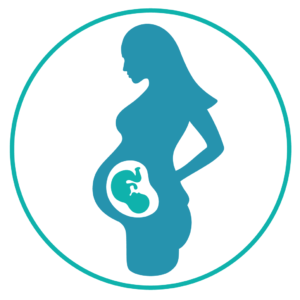
Why get tested?
MediMother has been created to keep pregnant mothers informed about their own health prenatal and postpartum, one of the most important times in her life.
Vitamins and minerals like iron, vitamin D, folate, vitamin B12 are vital to the health of both mother and baby. Pregnancy is often the cause of iron deficiency anaemia causing tiredness, lack of energy, heart palpitations, and pale skin.
What do the results mean?
A simple blood test will provide a wealth of data from which you can better understand your heart, kidney, liver, thyroid, and nutritional health both during and after pregnancy.
What tests are included?
Diabetes Health:
2nd Trimester
Glucose
14 – 18 Weeks Post Partum
Glucose
HbA1c
Kidney health:
2nd Trimester and 14 – 18 Weeks Post Partum
Creatinine
Estimated Glomerular Filtration Rate (eGFR)
Calcium (adjusted)
Chloride
Magnesium
Phosphate
Potassium
Sodium
Urea
Uric Acid
Liver health:
2nd Trimester and 14 – 18 Weeks Post Partum
Alanine Aminotransferase (ALT)
Alkaline Phosphatase (ALP)
Aspartate Aminotransferase (AST)
Gamma-Glutamyltransferase (GGT)
Total Bilirubin
Albumin
Ferritin
Pancreatic Health:
2nd Trimester and 14 – 18 Weeks Post Partum
Pancreatic Amylase
Lipase
Nutritional health:
2nd Trimester
Albumin
Calcium (adjusted)
Magnesium
Iron
Folic acid
Vitamin B12
Vitamin D
3rd trimester
Albumin
Calcium (adjusted)
Magnesium
Iron
Folic acid
Vitamin B12
Vitamin D
Ferritin
Transferrin
TIBC
14 – 18 Weeks Post Partum
Albumin
Calcium (adjusted)
Magnesium
Iron
Folic acid
Vitamin B12
Vitamin D
Muscle and Joint Health
2nd Trimester and 14 – 18 Weeks Post Partum
Creatine Kinase
Uric Acid
Rheumatoid Factor (RF)
Bone health:
2nd Trimester
Alkaline Phosphatase (ALP)
Calcium (adjusted)
Phosphate
Vitamin D
14 – 18 Weeks Post Partum
Alkaline Phosphatase (ALP)
Calcium (adjusted)
Phosphate
Vitamin D
Parathyroid Hormone (PTH)
Infection and inflammation:
2nd Trimester and 14 – 18 Weeks Post Partum
C-Reactive Protein (CRP)
Rheumatoid Factor (RF)
Albumin
Ferritin
Thyroid health:
2nd Trimester and 14 – 18 Weeks Post Partum
Thyroid Stimulating Hormone (TSH)
Free Thyroxine (FT4)
Free Tri-iodothyronine (FT3)
Full blood count:
14 – 18 Weeks Post Partum
Haemoglobin
Haematocrit
Mean Cell Haemoglobin (MCH)
Mean Cell Haemoglobin Concentration (MCHC)
Red Blood Cell Mean Cell Volume (MCV)
Red Blood Cell Count
Basophil Count
Eosinophil Count
Lymphocyte Count
Monocyte Count
Neutrophil Count
White Blood Cell Count
Platelet Count
Iron status:
14 – 18 Weeks Post Partum
Iron
Ferritin
Total Iron Binding Capacity (TIBC)
Transferrin
Transferrin Saturation
Heart health:
14 – 18 Weeks Post Partum
Total Cholesterol
LDL Cholesterol
HDL Cholesterol
Total Cholesterol / HDL Cholesterol Ratio
Triglycerides
Lipoprotein (a)
Metabolic:
14 – 18 Weeks Post Partum
Glucose
HDL Cholesterol
Triglycerides
HbA1c
Hormone health:
14 – 18 Weeks Post Partum
Oestradiol
Follicle Stimulating Hormone
Luteinising Hormone
Progesterone
Prolactin 2
Testosterone
THYROID
- Disorders of the Thyroid can have an impact on your sleep, energy, weight, getting pregnant and more. Understand your Thyroid health with our basic blood test.
- Points:
- Results in 2 working days from sample taken
- Understand your Thyroid health
- Thyroid Stimulating Hormone, Free T4, Free T3
- How it works:
- Book an appointment
- Visit MediLab to have your blood sample taken
- Receive a personalised report within 2 days
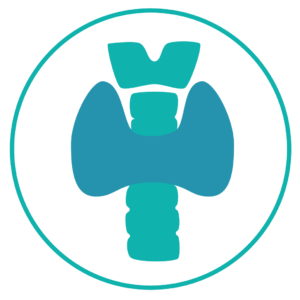
Why get tested?
Thyroid issues are often common in women, but males can also be affected. Thyroid disorders often go misdiagnosed or not treated. An underactive thyroid, where your thyroid gland does not produce enough hormones is associated with the following symptoms; tiredness, weight gain, depression, hair loss and sensitivity to cold temperatures. An overactive thyroid on the other hand, a condition where the thyroid produces too many hormones can cause weight loss, anxiety, mood swings, difficulty sleeping, sensitivity to heat, muscle weakness, itchiness and a frequent need to urinate.
What do the results mean?
With our simple blood test at MediLab you can understand if your thyroid is functioning properly. Thyroid dysfunction can be due to family history/genetic factors, autoimmune disorders and even some medications.
MEDIFEMALE BASIC
- Find out if you have a hormone imbalance that could be affecting your fertility, mood, weight and energy levels with our Female Hormone Test. We test for 6 key markers, including oestradiol, progesterone, follicle-stimulating hormone, luteinising hormone, prolactin, testosterone to give you a comprehensive overview of your hormonal health.
- Points:
- Results in 2 working days from sample taken
- 6 Key hormones - Oestradiol, progesterone, follicle-stimulating hormone, luteinising hormone, prolactin, testosterone
- How it works:
- Book an appointment
- Visit MediLab to have your blood sample taken
- Receive a personalised report within 2 days

Why get tested?
Female hormones are vital in controlling and supporting fertility, metabolism, mood, sleep and weight. Some of the symptoms of a hormone imbalance are: a change to your period, weight gain, acne, hair loss, low energy levels, anxiety/depression or muscle weakness.
Female infertility affects 1 in 6 people globally stated by the World Health Organisation. It is natural to have fluctuating hormones throughout the month and some hormones will change naturally with age.
What do the results mean?
MediLabs simple blood test will help identify any hormone balance, allowing you to be in control and act on your own health.
POLYCYSTIC OVARY SYNDROME (PCOS)
- If you have irregular periods, excess body hair, acne, fertility issues then PCOS could be the cause. Discover if this is case with our simple blood test measuring several key hormones.
- Points:
- Results in 2 working days from sample taken
- Over 40 data points including fertility hormones, androgen levels (testosterone) and more to help give you the answers you need
- How it works:
- Book an appointment
- Visit MediLab to have your blood sample taken
- Receive a personalised report within 2 days
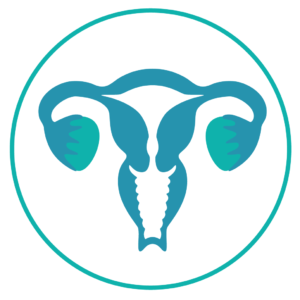
Why get tested?
PCOS is a common condition where small fluid-filled follicles appear on the ovaries and affects around 1 in 10 women. Each follicle contains an immature egg that does not develop enough to trigger ovulation causing low progesterone levels and abnormally high levels of androgens like testosterone.
Symptoms of PCOS include irregular periods, fertility issues, excess hair, weight gain and oily skin. Symptoms may differ depending on the individual as such its important to monitor your hormone levels.
What do the results mean?
If you suspect you might have PCOS, a simple blood test at MediLab will help to give you a better understanding of your hormone levels. We measure over 40 data points including fertility hormones, androgen levels (testosterone) and more to help give you the answers you need. AMH (ovarian reserve) is also included, AMH levels are often found to be higher in females with PCOS due to the excess number of immature follicles in the ovaries.
It is recommended to take the test two to five days after the start of your period, ideally on day three. It can be taken any time if you do not have periods. It is important to note that some types of hormonal contraceptive will affect your results.
What tests are included?
Full Blood Count
Haemoglobin
Haematocrit
Mean Cell Haemoglobin (MCH)
Mean Cell Haemoglobin Concentration (MCHC)
Red Blood Cell Mean Cell Volume (MCV)
Red Blood Cell Count
Basophil Count
Eosinophil Count
Lymphocyte Count
Monocyte Count
Neutrophil Count
White Blood Cell Count
Platelet Count
Iron Status
Iron
Ferritin
Transferrin
Transferrin Saturation
Heart Health / Lipids
Total Cholesterol
LDL Cholesterol
HDL Cholesterol
Total Cholesterol / HDL Cholesterol Ratio
Triglycerides
Diabetes Health
Glucose
HbA1c
THYROID HEALTH
TSH,
FT4,
FT3
AMH
AMH
HORMONAL HEALTH
Cortisol,
FSH,
LH,
Oestradiol,
Progesterone,
Prolactin,
Testosterone
MEDIMENOPAUSE
- Understand your hormone levels to take control of your health and learn how changes due to menopause or perimenopause could increase your risk of conditions like diabetes and osteoporosis
- Points:
- Results in 2 working days from sample taken
- Over 30 data points measured
- How it works:
- Book an appointment
- Visit MediLab to have your blood sample taken
- Receive a personalised report within 2 days

Why get tested?
During menopause, a lot of changes happen to the female body. Our simple blood test can provide you with numerous key data points for your health on your hormone levels and these are impacting you.
What do the results mean?
Menopause is triggered by a decline in oestrogen and progesterone. When oestrogen levels reach a new low it can increase the risk of conditions like heart disease, diabetes, and osteoporosis. The menopause blood test will help you to better understand the impact of menopause on your heart, thyroid, nutrition, and bone health. A drop in oestrogen levels will trigger FSH (follicle-stimulating hormone) levels to rise. Raised FSH levels combined with missed periods is a strong indicator that you are perimenopausal or menopausal.
Prior to menopause most women will experience perimenopause – when periods become irregular. This normally happens between the ages of 45-55. If you experience symptoms before the age of 45 a blood test could help to rule out other conditions that cause similar symptoms to menopause like thyroid disorders.
What tests are included?
HORMONAL HEALTH
FSH
LH
Oestradiol
Progesterone
Prolactin
Testosterone
SHBG
THYROID HEALTH
TSH
FT4 – optional
FT3 – optional
IRON STATUS
Iron
Ferritin
Transferrin
Transferrin Saturation
HEART HEALTH
Total Cholesterol
LDL Cholesterol
HDL Cholesterol
Total Cholesterol / HDL Cholesterol Ratio
Triglycerides
AMH (ANTI-MULLERIAN TEST)
- Understand your ovarian reserve and if its normal for your age. An Anti-Mullerian Hormone (AMH) blood test may help you to make informed decisions on IVF or egg freezing
- Points:
- Results in 2 working days from sample taken
- Find out if your AMH level is normal for your age with a simple blood test
- How it works:
- Book an appointment
- Visit MediLab to have your blood sample taken
- Receive a personalised report within 2 days

Why get tested?
Anti-mullerian hormone (AMH) is produced in the ovarian follicles and is used to reflect ovarian reserve (the remaining number of follicles within the ovaries capable of producing an egg).
The AMH blood test will indicate if your levels are normal for your age and is useful if considering fertility treatment such as egg freezing or IVF. The World Health Organisation states infertility affects 1 in 6 people globally, with 17.5% of adults across the world affected by the inability to have a child. Both high and low levels of AMH can impact on fertility. Measurement of AMH cannot determine how many viable eggs a female has remaining or predict a female’s chances of pregnancy.
What do the results mean?
Typically, AMH levels peak when a woman reaches her mid-twenties and then decline with age, becoming undetectable post-menopause. A low AMH indicates diminished ovarian reserve and a higher AMH level indicates greater ovarian reserve; however, high levels can also occur in women with polycystic ovary syndrome (PCOS).
It is important to note that some types of contraceptive pill may affect your results. If you stop taking the pill, we suggest waiting until your periods have resumed their normal cycle before taking this test. Make sure that you take an alternative form of contraception if you are not planning to become pregnant.
It is important to note that the AMH blood test will not tell you how many viable eggs you have remaining, and it does not predict your likelihood of becoming pregnant. Your AMH result indicates if your AMH level is normal for your age.
BETA-HCG EARLY PREGNANCY
- This hormone is produced as soon as 10 days after conception. In healthy pregnancies, levels of hCG increase rapidly in early pregnancy. An above-normal level can confirm pregnancy before a urine test. Detect if you are possibly pregnancy before an at home urine pregnancy test.
- Points:
- Detects blood HCG
- Results same day
- How it works:
- Book an appointment
- Visit MediLab to have your blood sample taken
- Receive a personalised report within 2 days

Why get tested?
Discover if you are in the early stages of pregnancy or monitor HCG levels. Blood HCG can often be detected several days before an at home pregnancy test.
MEDIFERTILITY FEMALE
- Helping you to better understand and take control of your hormones and fertility. The Medifertility female health check not only measures your reproductive hormone levels and ovarian reserve but delivers a complete picture of your overall hormonal health and well-being. Ideal for anyone trying to conceive or thinking about having a baby.
- Points:
- Results in 2 working days from sample taken
- Over 40 data points measured
- How it works:
- Book an appointment
- Visit MediLab to have your blood sample taken
- Receive a personalised report within 2 days

Why get tested?
Knowing more and being in control matters! Ever wondered if your ovarian reserve is normal for your age or if your hormones could be affecting your fertility, mood, weight, and energy levels? Then MediFemale fertility health check is for you.
What do the results mean?
We measure over 40 data points linked to fertility hormones, ovarian reserve, thyroid hormones, iron levels, heart health, diabetes status, nutrition, and body composition to provide you with a complete picture of what is going on inside your body.
It is important to note that some types of hormonal contraceptive will affect your results. Results may be affected if you have an irregular menstrual cycle or if you have been taking hormonal contraceptives within the last three months.
We recommend you take your test on day 3 of your menstrual cycle to ensure accurate results. The third day of your menstrual cycle refers to the third day of blood flow during your period.
What tests are included?
HORMONAL HEALTH
Cortisol, FSH, LH, Oestradiol, Progesterone, Prolactin, Testosterone
AMH
AMH
THYROID HEALTH
TSH, FT4, FT3
FULL BLOOD COUNT
Haemoglobin, Haematocrit, MCH, MCHC, MCV, Red Blood Cell Count, Basophil Count, Eosinophil Count, Lymphocyte Count, Monocyte Count, Neutrophil Count, White Blood Cell Count, Platelet Count
IRON STATUS
Iron, Ferritin, TIBC, Transferrin, Transferrin Saturation
HEART HEALTH
Total Cholesterol, LDL Cholesterol, HDL Cholesterol, Total/HDL Cholesterol Ratio, Triglycerides
DIABETES HEALTH
Glucose, HbA1c
NUTRITIONAL HEALTH
Folic Acid, Vitamin B12, Vitamin D
MEDIWOMAN
- Get a deep insight into your health and wellbeing with our simple blood test. This allows you to take control and invest in the future of your health to prevent future illnesses. We recommend repeat testing 6 monthly to track data trends and identify areas of improvement
- Points:
- Results in 2 working days from sample taken
- Up to 100 data points linked to key health areas are measured from a simple blood test
- How it works:
- Book an appointment
- Visit MediLab to have your blood sample taken
- Receive a personalised report within 2 days

Why get tested?
Reviewing your health regularly is key to ensuring monitoring and prevention of future illnesses.
What do the results mean?
With our blood test, you are provided with a wealth of knowledge and data about your health to help you understand and take control of your heart, kidney, liver, hormones, thryoid and much more.
Be empowered to be in control of your own health. By tracking your health data in this way you are empowered to take control of your health and make informed decisions to help prevent illness.
What tests are included?
Full Blood Count
Haemoglobin
Haematocrit
Mean Cell Haemoglobin (MCH)
Mean Cell Haemoglobin Concentration (MCHC)
Red Blood Cell Mean Cell Volume (MCV)
Red Blood Cell Count
Basophil Count
Eosinophil Count
Lymphocyte Count
Monocyte Count
Neutrophil Count
White Blood Cell Count
Platelet Count
Iron Status
Iron
Ferritin
Transferrin
Transferrin Saturation
Heart Health
Total Cholesterol
LDL Cholesterol
HDL Cholesterol
Total Cholesterol / HDL Cholesterol Ratio
Triglycerides
Lipoprotein (a)
Diabetes Health
Glucose
HbA1c
Metabolic Syndrome
Glucose
HDL Cholesterol
Triglycerides
HbA1c
Kidney Health
Creatinine
Estimated Glomerular Filtration Rate (eGFR)
Calcium (adjusted)
Chloride
Magnesium
Phosphate
Potassium
Sodium
Urea
Uric Acid
Liver Health
Alanine Aminotransferase (ALT)
Alkaline Phosphatase (ALP)
Aspartate Aminotransferase (AST)
Gamma-Glutamyltransferase (GGT)
Total Bilirubin
Albumin
Ferritin
Pancreatic Health
Pancreatic Amylase
Nutritional Health
Albumin
Calcium (adjusted)
Magnesium
Iron
Folic acid
Vitamin B12
Vitamin D
Muscle & Joint Health
Creatine Kinase 1
Uric Acid
Rheumatoid Factor (RF)
Bone Health
Alkaline Phosphatase (ALP)
Calcium (adjusted)
Phosphate
Vitamin D
Parathyroid Hormone (PTH) – optional
Infection & Inflammation
C-Reactive Protein (CRP)
Rheumatoid Factor (RF)
Albumin
Ferritin
Thyroid
Thyroid Stimulating Hormone (TSH)
Free Thyroxine (FT4) – optional
Free Tri-iodothyronine (FT3) – optional
Hormonal Health
Testosterone
Cortisol, FSH, LH, Oestradiol, Progesterone, Prolactin
Quality Assurance
We have strict Quality Assurance at MediLab ensuring your results are reliable and accurate
Superior Service
We offer on-site appointments with results within 2 working days
Test Profiles
We offer a wide range of test profiles to suit your needs
Where your health check is our priority
